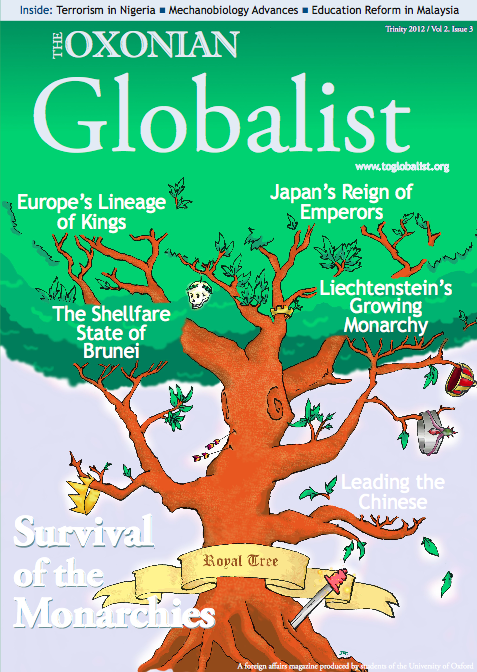Last month, Burma celebrated the Thadingyut festival of lights, but the people of this Southeast Asian country continue to face dark times. Burma has been under direct or indirect military control since 1962, and despite the efforts of pro-democracy activists such as Aung San Suu Kyi, the road to democracy has been difficult. The BBC recently reported on the rape and murder of a young Buddhist woman in the Rakhine Province in Western Burma, which sparked riots between the Rakhine Buddhists and another minority group, the Rohingya Muslims. The Burmese government, unable to control the escalating violence, has declared a state of emergency, placing the province under martial law. On Monday, Barack Obama became the first US president to visit Burma, where he praised Aung San Suu Kyi and criticised the violence against the Rohingyas, but general awareness about Burma remains low. On November 6th, Oxford Burma Alliance, a student-run organisation aiming to spread awareness about Burmese issues, hosted a lecture by Zoya Phan, a Burmese of the Karen ethnic minority who studied at the University of Bangkok before seeking asylum in the United Kingdom and becoming Campaign Manager for Burma Campaign UK.
Q: Tell us about the work of Burma Campaign UK, and how it shapes the political debates surrounding contemporary Burma.
A: The Burma Campaign UK started in 1991, around the time of Aung San Suu Kyi’s arrest. We have been campaigning for the recognition of human rights violations in Burma under the military government. While lobbying the British Parliament to advocate for democracy in Burma remains our primary priority, we also support organic anti-military protests in Burma, and spread awareness about the many human rights violations in the country. I urge people to track our work.
Q. How do you think the shift towards a more democratic Burma has changed the situation for women and ethnic minorities?
A: I get asked this question a lot, and I would like the answer to be more hopeful, but the truth is that the situation has not changed even though there maybe superficial political changes. There have been reforms, and the release of high profile political prisoners like Aung San Suu Kyi, but torture is still a systemic part of politics in Burma. Many people are denied access to medical treatment and food. The Burmese military army has been forcing militias from ethnic minorities to join their army, and when they refused, the Burmese army deliberately broke the cease-fire they agreed to, putting the lives of many women and children at risk.
Q. How do you think having Aung San Suu Kyi, a strong female politician, as a national icon influences Burma?
A: The Burmese are lucky to have Aung San Suu Kyi as a leader. We place our trust in her because she sacrificed 15 out of the past 21 years under house arrest, and has earned the right to lead our country.
Within the current political framework, it is difficult for her to bring about changes immediately as she has extremely limited political powers. She is an inspiration for many women, but also a reminder for how difficult the realities for women continue to be. Just because there is a woman in the political process does not mean all Burmese women are as liberated and strong. Gender roles are still predominant, and domestic violence and rape continue to be pressing issues.
Q. How do you reflect on your personal journey, as a scholarship student to the University of Bangkok to finally making your way to the United Kingdom via Burma? What do you think the situation is like for Burmese youth?
A: I was very lucky to be presented with the opportunities I was: to study in Thailand and the UK, and I am always thankful for that. Burmese youth are bright and promising, but lack opportunities. Most are forced to migrate as refugees and “illegal immigrants.” Life has not changed because they are not given access to basic needs like food and shelter, which makes having access to educational opportunities even harder. For me, the most heartening change is that women’s groups are starting to get empowered, and starting to view a woman’s right as a human right, which means there will be light at the end of the tunnel.




